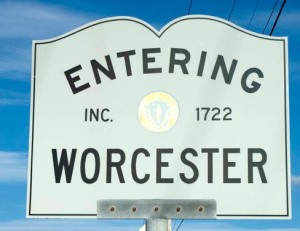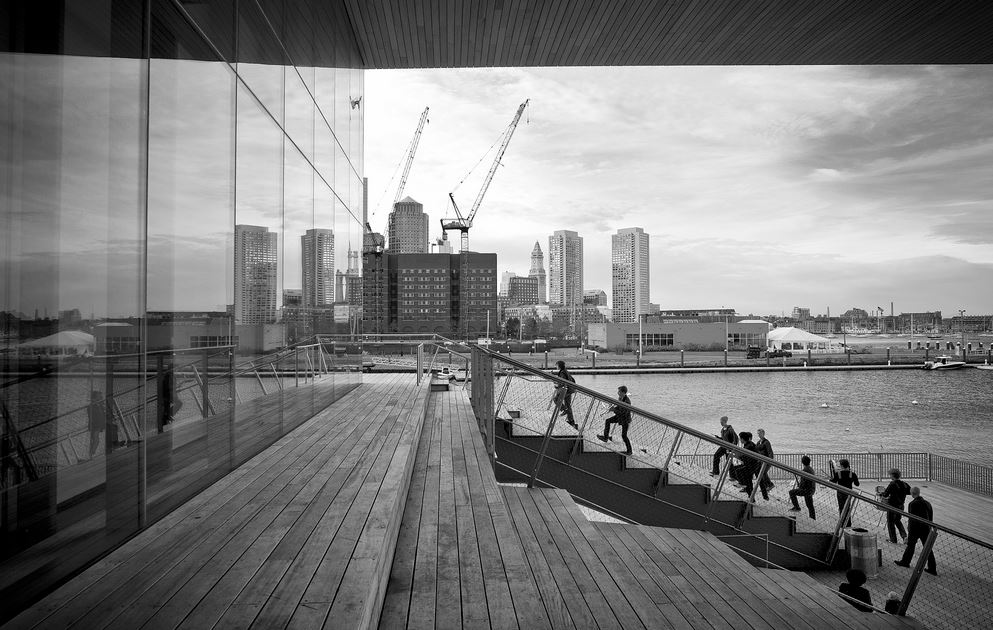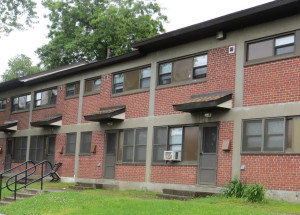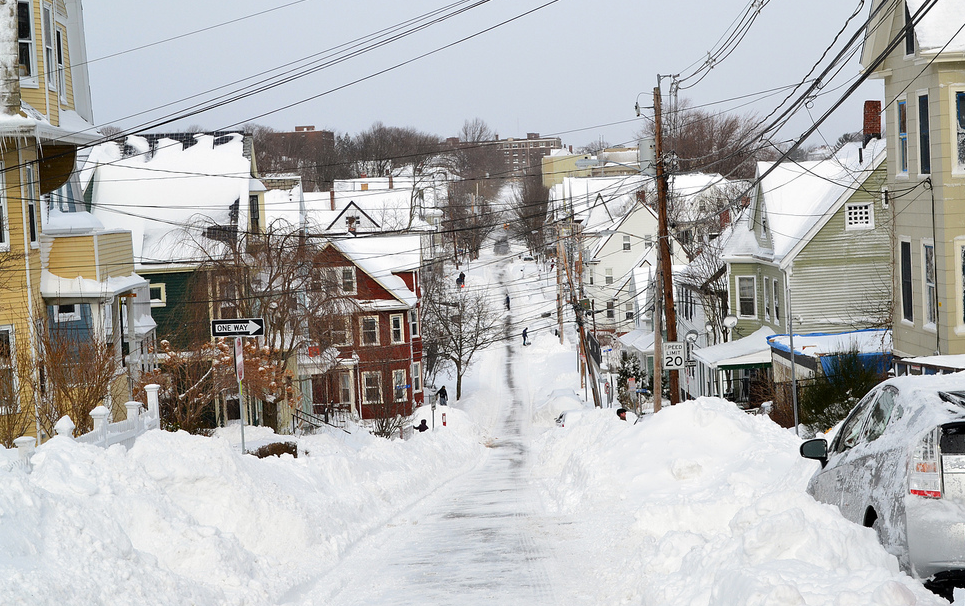Massachusetts Small Businesses Make a Remarkable Turnaround in Just a Year
Business confidence in Massachusetts cities continues to grow . . . and you may not believe which city is at the top of the list. A recent survey of small business owners in New England ranked Worcester, Massachusetts, as the most business-friendly city in the state. When pinned against all cities in New England, Worcester was second only to Manchester, New Hampshire.
Worcester’s rise above regional hubs such as Boston and Providence caps a remarkable turnaround for the city. Business leaders agree that Worcester’s business climate is much-improved—the city received an overall grade of “B-” this year despite a lowly grade of “F” last year.
Worcester, MA Is Positioned to Expand Across All Business Sectors
Worcester and other mid-sized cities serve as a complement to Boston’s hub of finance, education, government, and professional services. They provide a hospitable climate for smaller businesses and manufacturers that may not be able to afford or be recognized in a larger city. Steve Rothschild, considered a small-business mogul in Worcester for his work with Applied Interactive, Bulbs.com, and Furniture.com, says that “Worcester is a great place to run a business because there is a well-educated workforce, an easy commute for employees, and low-cost commercial real estate.”
Worcester is particularly well-positioned because it has the history and infrastructure of a manufacturing hub but also a large service economy. The city boasts nine institutions of higher education and five major hospitals. Unlike many mid-sized cities that have struggled with population decline, Worcester has had steady population growth for the past three decades. Per capita income and education levels are on par with the state average. The combination of a well-rounded economy and an educated and skilled workforce allows Worcester to expand in many different sectors.
Improvement in Business Confidence “Grade” in Worcester, MA, Mirrors Massachusetts State Performance
The jump in Worcester’s business climate is consistent with the state’s improving economic indicators. The unemployment rate of 4.7% is significantly lower than the national average of 5.3%. For ten straight months, Massachusetts has increased its number of available jobs; 46,200 were added in 2015 so far—7,200 of which were added in July alone. Although most new jobs were in the education and health sectors, the state also added 1,400 manufacturing jobs in July. The Massachusetts Manufacturing Extension Partnership, based in Worcester, noted that much of the new manufacturing jobs came from small businesses with less than 50 employees. A number of jobs have also come from the booming craft beer industry in Massachusetts.
Business owners can be fickle when it comes to expressing approval of any business climate. The latest survey results, however, show that Worcester is headed in the right direction. If its trajectory continues, it will benefit not only the local economy, but the state economy as well.
Have you started a business in Massachusetts? Do you agree with the Worcester’s new grade of B-?











 The lack of financial literacy among Millennials has resulted in some frightening statistics. Research by the credit information service, Experian, has revealed that the 19–35-year-old demographic has the worst national average for credit scores, and a significantly unfavorable debt-to-income ratio than
The lack of financial literacy among Millennials has resulted in some frightening statistics. Research by the credit information service, Experian, has revealed that the 19–35-year-old demographic has the worst national average for credit scores, and a significantly unfavorable debt-to-income ratio than  The ABL program requires one adult in each household to work or attend school for a minimum of 1,200 hours per year, which is an average of 23 hours per week. Support services to reach for these goals are provided through grants as part of the program. If the residents do not make an effort to abide by the program rules within three years, they face eviction. The disabled and elderly are not a part of the mandatory participation program, so they will not be compelled to leave public housing.
The ABL program requires one adult in each household to work or attend school for a minimum of 1,200 hours per year, which is an average of 23 hours per week. Support services to reach for these goals are provided through grants as part of the program. If the residents do not make an effort to abide by the program rules within three years, they face eviction. The disabled and elderly are not a part of the mandatory participation program, so they will not be compelled to leave public housing. The Bigger Picture
The Bigger Picture





